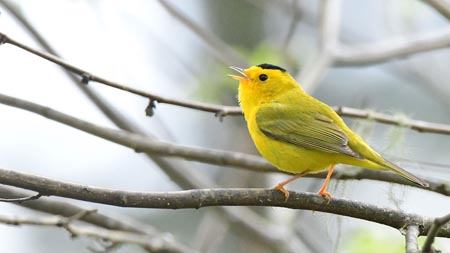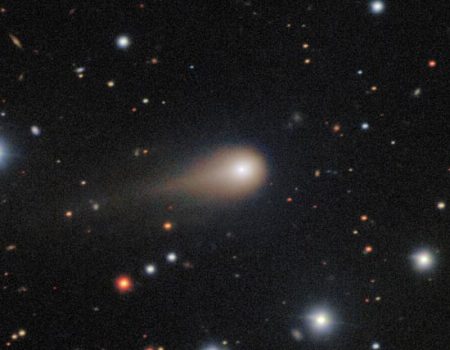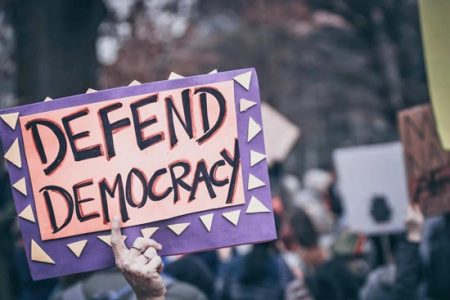80 Bird Species Renamed
New names break links to slavery and racism.

Birds in the United States and Canada will no longer be named after people because the selection process was “clouded by racism and misogyny,” according to the American Ornithological Society.
The organization decided to rename 80 species in late 2023 due to their associations with controversial historical figures, including slave owners and white supremacists.
Birds that will be renamed include Audubon’s shearwater, a tropical seabird widespread in the Atlantic Ocean that honors John James Audubon, a 19th-century slave owner and perhaps America’s best-known ornithologist.
Townsend’s warbler and solitaire will also get new names. John Kirk Townsend, who died in 1851, stole skulls from the graves of indigenous people and believed they were racially inferior. Jameson’s firefinch, named for a British naturalist, will also be renamed. James Sligo Jameson bought a young girl while in Africa “as a joke” and then drew pictures of her being brutally killed.
To name something is to have knowledge of, and ultimately power over it. Colleen Handel, president of the Ornithological Society, said, “There is power in a name and some English bird names have associations with the past that continue to be exclusionary and harmful today. Everyone who loves and cares about birds should be able to enjoy and study them freely.”
There had been a heated debate within the birdwatching community over the names given to species, including demands that historical figures with links to slavery or colonialism be removed from bird names. Judith Scarl, the society’s executive director and chief executive, said too many historical figures who had been honored via bird names were racist.
Scarl said, “As scientists, we work to eliminate bias in science. But there has been historic bias in how birds are named and who might have a bird named in their honor. Exclusionary naming conventions developed in the 1800s, clouded by racism and misogyny, don’t work for us today. The time has come for us to transform this process and redirect the focus to the birds, where it belongs.”
In addition, birds already had names given to them by Indigenous peoples who understood the animals long before white settlers supposedly “discovered” them. 10,000 Birds (www.10000birds.com) has decided to right some wrongs and improve the birding world by renaming birds in accordance with their distinctive features, behavior, or habitat, and if possible, using the bird’s indigenous name.
Complaints over a lack of diversity within the ranks of America’s birdwatchers emerged following a high-profile incident in New York’s Central Park in 2020. Black bird watcher Christian Cooper asked a white woman to put her dog on a leash, resulting in the woman calling the police, claiming Cooper was assaulting her. Video of the argument went viral on social media and was used as an example of discrimination Black people face while trying to enjoy the outdoors.
In 2020, the Sierra Club denounced its first president, John Muir, as a racist unworthy of organizational adulation. Muir is a founding father of the American wilderness movement; he also characterized Blacks as lazy “sambos” and Native Americans as “dirty.” Last year progressive naturalists requested that the National Audubon Society change it’s name, but the board of directors voted against a change.
Dr. Drew Lanham, a Black conservation ornithologist, explores the problem of Audubon in “What Do We Do About John James Audubon?” Read the article at www.audubon.org/magazine/spring-2021/what-do-we-do-about-john-james-audubon.








